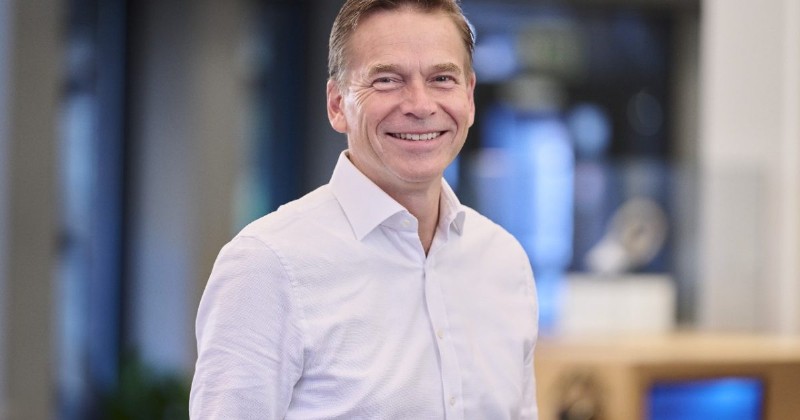
- Scania CV AB and long-time supplier SSAB have agreed a deal to 100% decarbonise the steel used in all heavy-duty vehicles by 2030
- Use of innovative Fossil-freeTM steel will begin from 2026, with the ambition to increase deliveries of the material to lower carbon emissions
- It forms part of Scania’s plan to reduce the carbon emissions across four ‘hotspot’ areas: batteries, steel, aluminium and cast iron
The deal will see Scania’s heavy duty-vehicles start using SSAB’s Fossil-freeTM steel from 2026, with the volume increasing to 100% by the end of the decade.
As a main supplier of steel to Scania, this is an important step in the shift towards sustainable transport, with both companies committed to using their purchasing power to create early markets for innovative clean technologies.
Christian Levin, CEO at Scania CV AB, said: “I’m glad and proud that we have reached this agreement. Scania’s purpose is to drive the shift towards a sustainable transport system.
“To fulfil that purpose, we take action across the value chain together with partners as SSAB, who is at the forefront in the transition to a sustainable steel industry.”
Scania has outlined its 2030 strategy to significantly reduce its carbon emissions within four ‘hotspots’, which constitute to approximately 80 percent of the supply chain emissions: batteries, steel, aluminium and cast iron.
Martin Lindqvist, CEO at SSAB, said: “We are truly looking forward to ramping up the deliveries of our fossil-free steel, thereby contributing to more sustainable value chains. Fossil-free™ steel will be a game-changer in heavy transport.
“It has the same high quality and technical properties as traditional steel. And, while being produced in a sustainable way, it can also be recycled just like steel has always been.”
SSAB plans to deliver its Fossil-free™ steel to market on a commercial scale from 2026 and for its operations to be largely fossil-free around 2030.
SSAB Fossil-free™ steel is manufactured using the HYBRIT technology, which replaces the coking coal traditionally used for iron ore-based steelmaking with fossil-free electricity and hydrogen. The by-product is water instead of carbon dioxide.
For further information, please contact:
Hemal Mistry,
Head of Communications, Scania UK
Phone: 07716 090387
E-mail: hemal.mistry@scania.com
-------------------------------------------------------------------------------------------------------
For OEM Scania Truck Parts visit http://www.swedishtruckpartsshop.co.uk/scania-parts-8-c.asp
For more information on genuine OEM ScaniaTruck Parts for the UK and worldwide
Please E-mail Tony / Graham
stpuk@swedishtruckparts.co.uk
